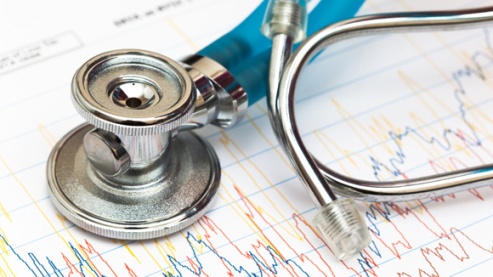The sternum, commonly referred to as the breastbone, is a long, flat bone located in the center of the chest. It plays a crucial role in protecting vital organs, such as the heart and lungs. The sternum is connected to the ribcage through cartilage and joints, allowing for movement and flexibility.
Stretching is an essential part of maintaining a healthy body and promoting flexibility. However, sometimes when we stretch, we may experience unusual sensations or even hear popping sounds in our joints.
One common occurrence that people often wonder about is why their sternum pops when they stretch. In this article, we will explore the reasons behind this phenomenon, potential causes, and remedies to alleviate any discomfort associated with a popping sternum.









